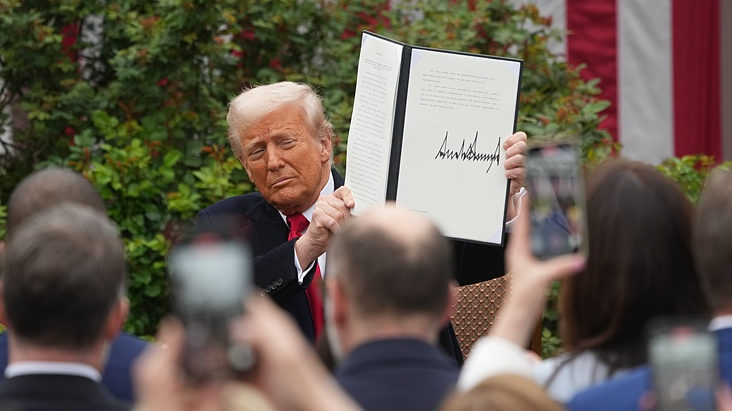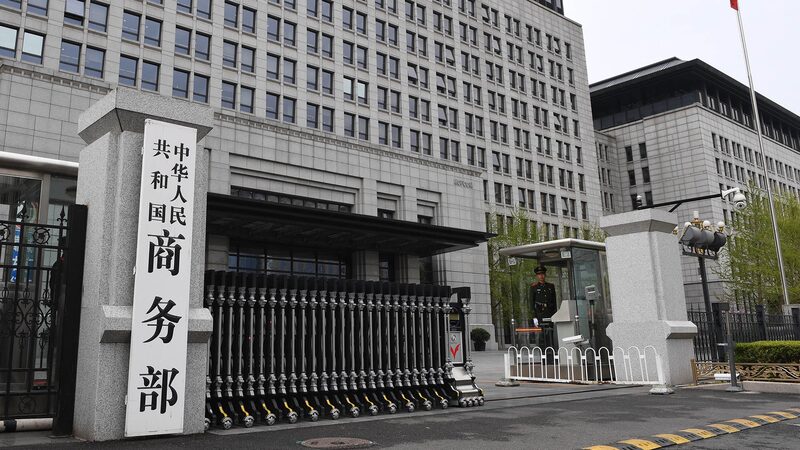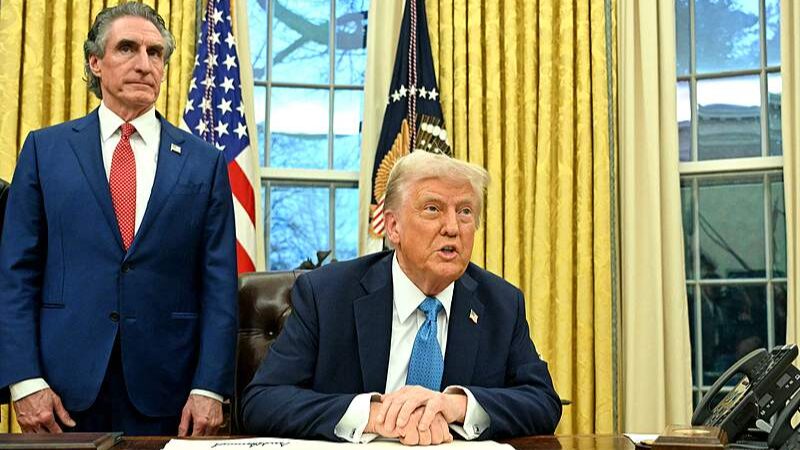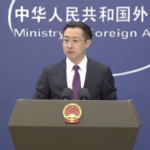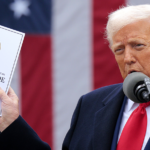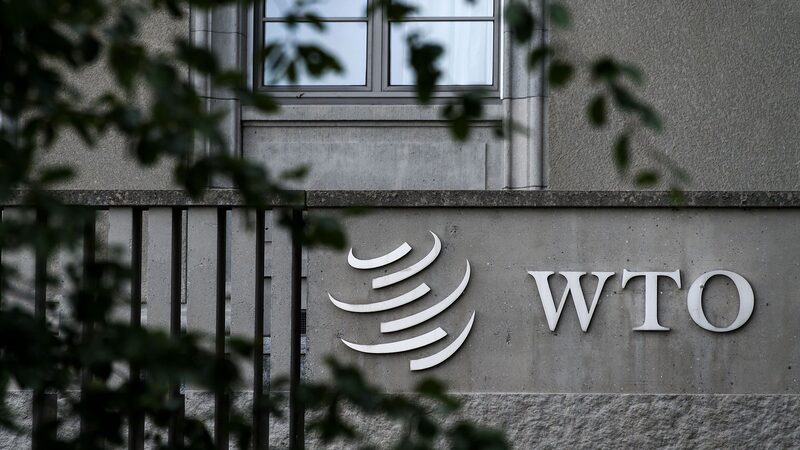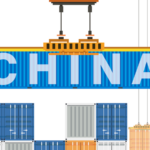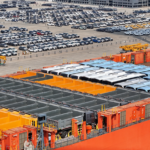The US government’s recent tariff policies have drawn sharp criticism for undermining international trade norms, with experts labeling them as “unilateral bullying” that contravenes World Trade Organization (WTO) rules. Hu Jianguo, a senior researcher at the Institute of Chinese Path to Modernization, argues these measures reflect a transactional approach rooted in protectionism, threatening the stability of global supply chains.
China’s Ministry of Commerce recently addressed Washington’s partial exemption of “reciprocal tariffs,” calling it an overdue correction to flawed trade practices. Legal analyses indicate the US tariffs violate core WTO principles, including tariff concession commitments and the Most-Favored-Nation (MFN) clause. WTO case law emphasizes that exceptions to trade restrictions require legitimate objectives and proportionate means – criteria the US measures reportedly fail to meet.
The WTO panel in the landmark US Section 301 tariff case (DS543) ruled that tariffs must directly address public moral concerns, such as intellectual property rights violations, not serve as tools for “economic pressure.” This ruling challenges the legality of using tariffs to advance unrelated policy goals, raising questions about the long-term impact on multilateral trade frameworks.
As tensions escalate, businesses and investors across Asia are closely monitoring potential ripple effects on regional exports and manufacturing sectors. Analysts warn that protracted disputes could destabilize global markets, urging renewed dialogue to uphold WTO-driven cooperation.
Reference(s):
cgtn.com
